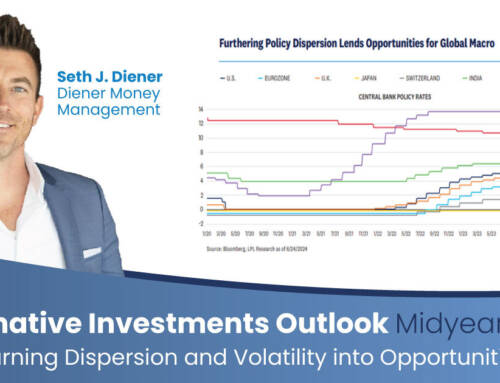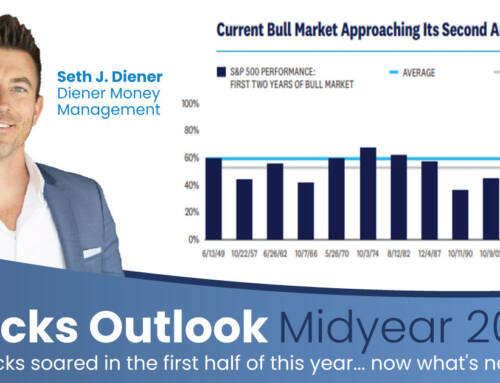You’ve heard the saying. There seem to be only two certainties in life – death and taxes.
Yet some people seem to manage their taxes better than others who earn the same income. Often, it boils down to advanced planning and forethought regarding major financial decisions.
As a financial advisor catering to many sales executives and employees with stock-based compensation, we often get questions about how to optimize taxes related to stock options, restricted stock units (RSUs), and other complex assets.
The tax implications from exercising options or vesting RSUs can lead to unexpectedly high tax bills if not properly planned for. The value of these equity awards is considered taxable income in the year exercised or vested, regardless of whether you turn around and sell the shares or not. This can bump employees into higher tax brackets, especially if a large number of shares are vesting in a single calendar year.
That’s where financial planning can help. Our advisors work with clients to develop customized strategic plans to minimize short and long-term tax liability. Here are some of the recommendations we may strategically use:
- Exercise incentive stock options early to start long-term capital gains holding periods. Waiting too long can lead to unexpectedly high AMT tax exposure.
- Structure exercises and sales across calendar years since our progressive tax system hits large single-year influxes of income harder.
- Sell shares in years where you expect to be in lower income tax brackets to minimize the rate. For example, after leaving a high-paying job or in partial retirement.
- Exercise, then immediately sell just enough shares at vest to cover income taxes, holding remaining shares for appreciation. This avoids liquidity issues paying taxes.
The bottom line is equity compensation, while extremely lucrative, often requires experienced financial and tax guidance to structure transactions in a way that maximizes wealth over time while smoothing out tax obligations.
While this isn’t easy, it is one of the practices an experienced advisory firm can help with. If you want to learn more, contact our team at Diener Money Management today.




